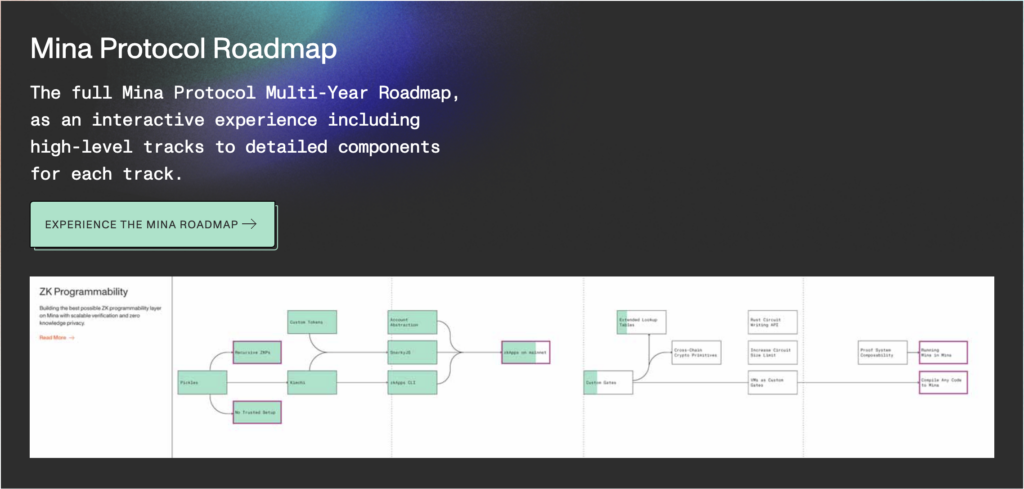*Please note that each ecosystem update may contain forecasts, projections, targets or other forward-looking statements. Such forward-looking statements are based on the relevant ecosystem partner’s estimates and assumptions based on information available at the time such update is made. Accordingly, plans, goals and other statements may not be realized as described, and actual results may differ materially from those presented in such an update. In addition, the Mina Foundation is not responsible for updates made by community contributors or ecosystem partners, whose work is important to the development of the Mina ecosystem and is independent from any of the initiatives that the Mina Foundation is working on.

Ecosystem Updates
Below are some updates on the various projects, tooling and resources the Mina ecosystem and community have worked on recently.
Mina Protocol Roadmap
Mina’s mainnet launched in 2021, and since then, the Mina ecosystem has grown tremendously and members in the ecosystem are gearing up to make programming ZK even easier with zkApps. While a lot of progress has been made, a lot more needs to be done, and the Mina Foundation is sharing a vision of what’s next for Mina Protocol, in the form of a multi-year roadmap.
This roadmap is broken up into 5 tracks: Trust Minimization, ZK-Programmability, Settlement Layer Performance, Minaverse, and Road to DAOification. This is a starting point to realize Mina’s full potential as the ultimate ZK blockchain, and we look forward to collaborating on it with the rest of the Mina ecosystem in the coming months and years. Check out Mina Protocol’s Multi-Year Roadmap here.
Mina Foundation - Lindsay Casale, Sr Director, Marketing and Sherry Lin, Director, Digital Marketing
The Mina Foundation is helping serve and support the Mina ecosystem, specifically by allocating resources, supporting network health and security, and supporting participants on their path to the Mina ecosystem.
zkIgnite, Cohort 1
Mina’s zkIgnite, Cohort 1 participants completed the four week ‘Proposal’ phase where developers generated ideas, formed teams, and received feedback from other participants in order to generate high quality proposals. You can check out highlights from all four weeks of Phase 1 here.
During Cohort 1 ‘Funding’ phase, over 160 proposals were submitted across the zkApp and Dev4Dev tracks. Electors from the community then reviewed the proposals and decided on which projects to fund. Before submitting their proposals, participants had the opportunity to present to their peers as well as technical representatives from Mina Foundation and O1 Labs for feedback. You can watch all the presentations here and read more about each presentation on Mina’s Innovation Platform.
Cohort 1 grantees were announced on April 5th, with 26 proposals to receive funding from the 500K USDC and 500K MINA zkIgnite Cohort 1 grant pool. The funded projects will then enter the ‘Build’ phase where teams receive funding to bootstrap their projects, are paired with mentors, and are given an opportunity to connect with industry experts and VCs to continue building their projects that leverage zero-knowledge for launching use cases.
For builders and entrepreneurs interested in leveraging ZK for real world use cases but may have missed zkIgnite Cohort 1, you are invited to apply for Cohort 2, which will begin on May 24.
Mina’s Incentivized Testnet, ‘Testworld Mission 2.0’
In preparation for an upcoming hard fork that will encompass a few Mina Improvement Proposals (MIPs) and network, performance and product updates, the Mina community is engaging in an Incentivized Testnet called Testworld Mission 2.0. It is focused on:
- zkApp End-to-End (E2E) Testing
- Security Auditing
- Protocol & Network Performance
More will be shared on Twitter and Mina’s Discord about these efforts and how to be involved soon — stay tuned.
Upcoming Mina Improvement Proposals
Check out the recent community call recordings for 2 upcoming Mina Improvement Proposals (MIPs) that require a vote in the coming weeks.
These MIPs have now moved to the ‘Last Call’ stage. Head over to Mina Research or Github to share your final feedback on MIP3: Kimchi and MIP4: zkApps before the upcoming vote.
For more information about the MIP process, review this blog post.
Mina Foundation Events
- On March 17, Mina Foundation Global Ecosystem BD Director Dylan Kugler participated in a panel at Hi Block’s Demo Day II discussing investment outlook and strategies for 2023. Watch the replay here.
- On March 31, Mina Foundation CEO Evan Shapiro spoke on a privacy and ZK panel at Hack Summit. Check out the replay here.
Upcoming Events
- April 14-16: Mina Foundation will be sponsoring ETHToyko, offering $20K in prizes for the best zkApps built on Mina using SnarkyJS. If you’re attending, stop by the booth or attend our workshop on Fri, April 12 at 4:30pm JST, which will also be livestreamed here.
- April 24-28: Mina Foundation and its ecosystem partners =nil; Foundation and O(1) Labs will be hosting and participating in events around Consensus 2023, including a full day dedicated to ZK and another Off the Chain Happy Hour to kick off Consensus week! See the full events lineup here.
News & Announcements
- Mina Foundation and =nil; Foundation were featured in Hackernoon on March 12. Read “The ZK Cross-chain Message Protocol and How it Paves a New Way of Cross-chain Communication”
- Mina Protocol mentioned in the recent Forbes article, “Zero Knowledge, The Crypto Privacy Research That’s Breaking Out Of Blockchain.”
Learn: What are zkOracles?
Oracles bring real world information from Web2 on chain, but today, oracles rely on trusted parties or elaborate consensus schemes.
zkOracles represent a major leap toward trustless and private oracles through the power of Transport Layer Security (TLS) and zero knowledge. Read the latest blog post to learn more.
Open Call for Mina Community Creators
Check out the new Mina Community Blog which features a variety of community-generated blogs, videos, articles, and other resources in one place. In an effort to feature more community content, the submission process is easy and seeks to meaningfully recognize contributors including a 50 MINA* reward for the top Mina Community Creators.
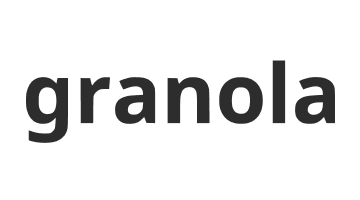
On-chain voting
Granola continues to improve the On-chain voting application and we are currently working on a new release to support the upcoming MIP votes.
Some key highlights from Granola:
- Created a new OCV change log
- Working on release for upcoming MIPS with new requirements
- Supporting testing — Verifying OCV functionality with upcoming hard-fork
- Setup a shortened epoch network for regression testing — UI/UX improvements

Juraj Selep, CEO
Viable Systems, a contributor to the Mina ecosystem, designs, develops, and tests software solutions for the Mina Protocol. Viable Systems’ main areas of focus include user growth, blockchain security, and performance. Our team is also responsible for OpenMina, an in-browser Mina node capable of validating blocks.
Network Performance Tools
The tools Viable Systems has released can run different builds of the Mina node codebase (e.g., current code on mainnet, vs. Berkeley testnet build) and monitor how they perform relative to each other. This way we can see if code modifications are an improvement or degradation in performance.
Now that such clusters can be spun up and automatically run/monitored, we can see the effects of code updates on block production and propagation across the network.
Read more about how we are improving Mina’s network performance here!
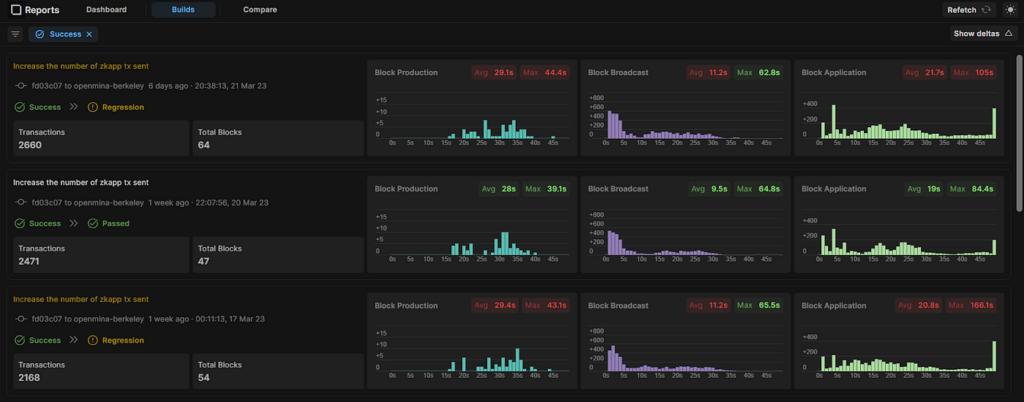

Mikhail Komarov, Founder
=nil; Foundation was established in April of 2018 to facilitate and support research and development in database management systems and applied cryptography. With it’s internal teams =nil; Foundation intends to create a tightly integrated set of technologies becoming a basis for secure data storages operating in insecure environments.
zkBridge from Mina to Ethereum
=nil; Foundation is currently working on public deployment-required infrastructure for Mina’s zkBridge. For use in EVM applications, the zkBridge would need access to the Mina network’s data. This means that all the necessary API endpoint connectors and SDKs need to be arranged. Additionally, pre-deployment optimizations are in progress for verification costs; this means more optimizations on verification cost reduction were performed.

Emre Tekisalp, CEO
O(1) Labs is a global and remote company that incubated the Mina Protocol. Our team operates on the cutting edge of Web3 and zero-knowledge-proofs.
SnarkyJS
O(1) Labs most recently released SnarkyJS 0.9.5.
Since last month’s update, no breaking changes were released, but substantial feature additions & bug fixes both were. SnarkyJS now supports the ability to fetch events & actions. If your zkApp smart contract uses these, provide a new `archive` property within `Mina.Network({mina: ‘…’, archive: ‘…’})` containing a URL of a Mina archive node API. And `this.network.timestamp` is available again.
To read full details, view SnarkyJS’ changelog.
Berkeley Alpha Testnet
In March, the Berkeley Alpha Testnet completed a full epoch transition for the first time with no critical bugs. Shortly thereafter O(1) Labs gave a “go ahead” for the Berkeley incentivized testnet. This is an important milestone as it signals a higher confidence in the hard fork candidate release. Meanwhile, an upgrade containing a few minute updates is planned for the Alpha Testnet in the coming weeks.
Berkeley Readiness
While the Berkeley Alpha Testnet continues to run with little issues, a number of concurrent workstreams have kicked off related to end to end zkApps protocol testing and security reviews and audits. Both of these streams are progressing well. Planning related to an incentivized public testnet with a diverse set of nodes is officially in full swing and gaining lots of momentum. Additionally, two MIPs related to zkApps protocol and other aspects of the Berkeley hard fork have been submitted for review. Once approved by the MIP editors, these MIPs will be eligible for a vote on Mina mainnet.
Proof Systems
While the hard fork related dependencies needed to enable the custom gates mentioned in previous updates have landed, O(1)’s crypto team is working to finalize the integration of them into Pickles and Kimchi, Mina’s proof systems. Additionally, MF partner Snarkify kicked off a project which aims to incorporate the multi-scalar multiplication (MSM) optimizations developed during the Z Prize competition, into Mina’s proof systems. MSM is a critical algorithm which makes up much of the cost of proving in. These optimizations stand to significantly improve proving performance for SnarkyJS and eventually snark workers.
zkOracles
Active development of zkOracles remains on hold at O(1). As a result, there are no material updates to provide for March.
Ethereum Signature Verification
O(1)’s crypto team kicked off a project called “chunked commitments” which stands to increase the maximum constraints which can be supported by zkApps and SnarkyJS circuits from 2^16 to more than 1000x higher. While this is a big win for all developers as it stands to dramatically increase the use cases which can be supported by zkApps, it is a critical enabler for verifying Ethereum signatures, a very inefficient in-SNARK operation.
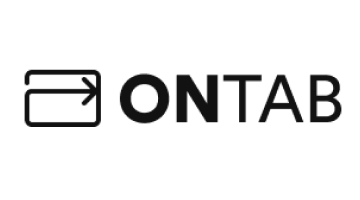
Behzad Malek, CEO
ONTAB is an online service that enables merchants to start accepting mobile payments. The company’s patented, dual-authentication technology allows users to pay anonymously, which can significantly decrease the risk of credit card fraud and identity theft.
ONTAB has been working on the new uptime tracker for the Mina Foundation Delegation Program.
ONTAB has separated O(1) Labs instances from the Mina Foundation instances and migrated Mina Foundation’s instances to a new AWS account based on the data retention and security policies of the Mina Foundation.
ONTAB is happy to share that service uptime stood at 100% during March, with no downtime reports.
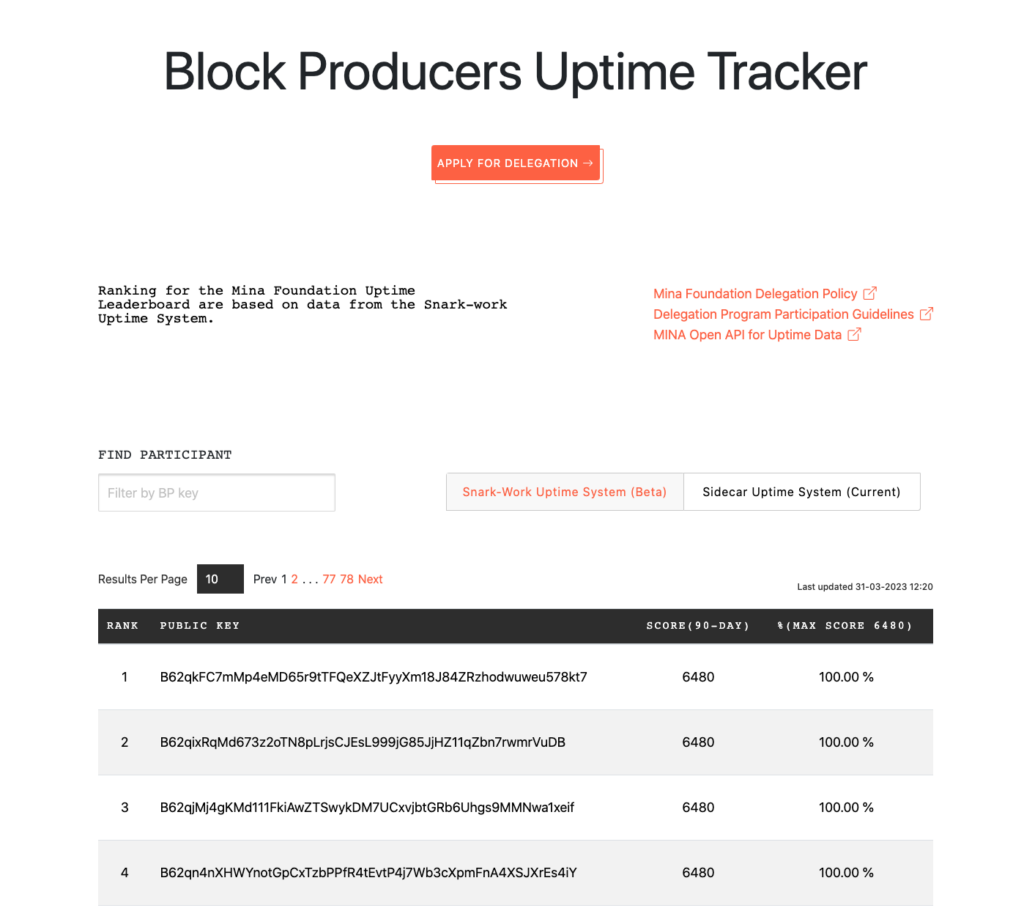

trivo#0001, Mina Community Member
Community member Trivo#0001 is working on zkFusion, a modular zkRollup for Mina.
I am moving closer to enabling a first basic end-to-end flow, allowing developers to spin up an app-specific system, including the off-chain prover as well as the proving infrastructure and the proof verifier on Mina. The initial end-to-end flow will allow developers to run basic smart contracts entirely off-chain on an application-specific rollup.

